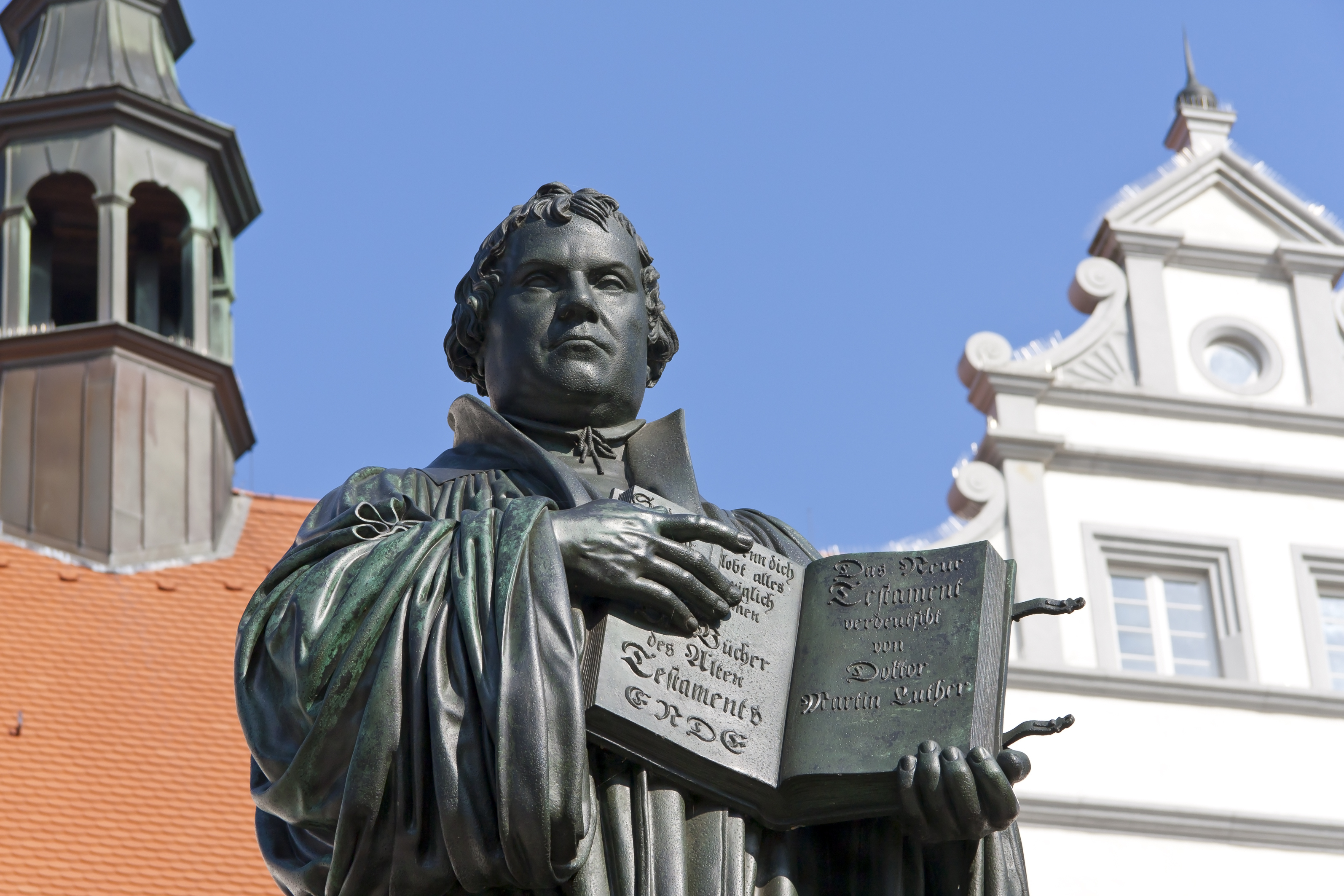An interview with Major David Taylor, spiritual life development secretary in the United Kingdom Territory with the Republic of Ireland.
What was the Reformation?
The Reformation was what it says: a reforming of the Christian church. It was about getting to the heart of what the Christian good news is.
How did it begin?
Martin Luther kicked it off with disputations that he launched on October 31, 1517. The Pope had sent a man named Johann Tetzel to Germany to sell these things called indulgences. Indulgences involved people making a payment and receiving forgiveness for their sins. It was highly scandalous but had become justified; it was one way in which people had lost sight of the Christian gospel.
Luther wasn’t the only person who was against these indulgences, but he studied the matter deeply and in the end sent 95 theses enclosed in a letter to his bishop, arguing largely about the practice of selling indulgences—he thought it was a terrible corruption of the Christian faith.
What was the response to Luther’s theses?
People started publishing the theses and it became better known that he’d stood up against what was going on. There were German rulers who didn’t like the influence that the Pope and the church exerted over them, so it was opportunistic for them to support Luther and ensure that his voice was heard. Eventually it got to the Pope and his advisers. Of course, it was threatening—it was cutting to the core of their practices and, you might say cynically, their revenues. Luther was asked to recant and to take back what he’d written.
He wrote three letters to the Pope. The first was very humble, indicating that he was merely doing what his conscience told him to do. The second was a little bit more assertive, and then the final letter, in 1520, wrote the Pope off as heretical and said the church had lost its way.
Luther had been deeply shocked, when he visited Rome, by the corruption in the Vatican. He hoped that the church would recognize its wrongs and reform itself, but the church reacted so badly to it that he and all his followers were excommunicated. They said his books should be burned. They wanted to call him before a papal council in Rome, but Prince Frederick in Germany sponsored his doctrine and took him into his castle to protect him, otherwise in those days it was more than likely he would have been pronounced a heretic and executed.
How did we get from that localized situation to what we have today with separate Protestant and Catholic churches?
Luther was never for splitting the church, but he was like a spark that lit a flame. There were people who recognized that what he was saying was true and there were people who recognized the use it could be put to in terms of lessening the influence of Rome, so a new denomination developed: the Lutheran Church.
In Luther’s wake followed a number of other reforming figures, such as Calvin and Zwingli. National churches developed. In England, Henry VIII saw an opportunity for the English church to separate itself from Rome and the Church of England was born. The church became separated and splintered.
Do you think Luther anticipated the Reformation?
Not at all. He was just a minor, unknown monk in Germany—he wasn’t at the heart of the Catholic Church; Rome was the big centre. He was a provincial guy; nobody knew of him other than in Wittenberg. There was no sense in which he thought this was more than just a minor discussion among monks.
How has the Catholic Church’s perception of Luther changed?
It has been acknowledged by the Roman Catholic Church in recent years that they handled the whole thing badly. Whereas it was controversial at the time and the church was outraged, with the joys of hindsight, people recognize that he was making some important points.
Why do we still have different denominations today?
There are still doctrinal differences. It’s true with all religions that there are different interpretations— for example, look at Sunni and Shia Muslims—but our differences are not nearly as serious as they once were.
Today we’re much more sympathetic to the idea that the beliefs you have are affected by the context in which you live; when comparing an English Christian with, say, a South African Christian, it’s inevitable that we’re going to see things slightly differently because we live in different contexts and cultures. We can step back and say that there are some primary, cardinal things that we need to work hard on agreeing together, but there are lots of secondary things that we can happily live with in variety.
The challenge within all walks of life, but certainly within the Christian church, is to recognize what fundamentally needs to unite us and what it is that can be legitimately accepted as diversity.
Do you think the Reformation was a good thing for the Christian church?
I would say the Reformation was good and bad: good in the sense that God’s truth is never totally lost, and bad in the sense that people couldn’t agree and work these things out in a better way.
There was a great theologian of the 20th century who said: “The church is always to be reformed.” The insights of Luther have to be brought to bear in every generation because, constantly, we allow God’s good news to get crusted over with our own human traditions and human ways of thinking. God’s grace and truth are such spectacular gifts that it’s almost impossible for us to hold them pure without allowing human ideas to spoil them.
The challenge for us is to allow God’s spiritual truth free rein in our lives so that we can capture the truth of the gospel and the gracious gift of a God who loves us.
Reprinted from Salvationist (UK).
Feature photo: © typo-graphics/iStock.com










Comment
On Wednesday, November 1, 2017, Concerned said:
Leave a Comment